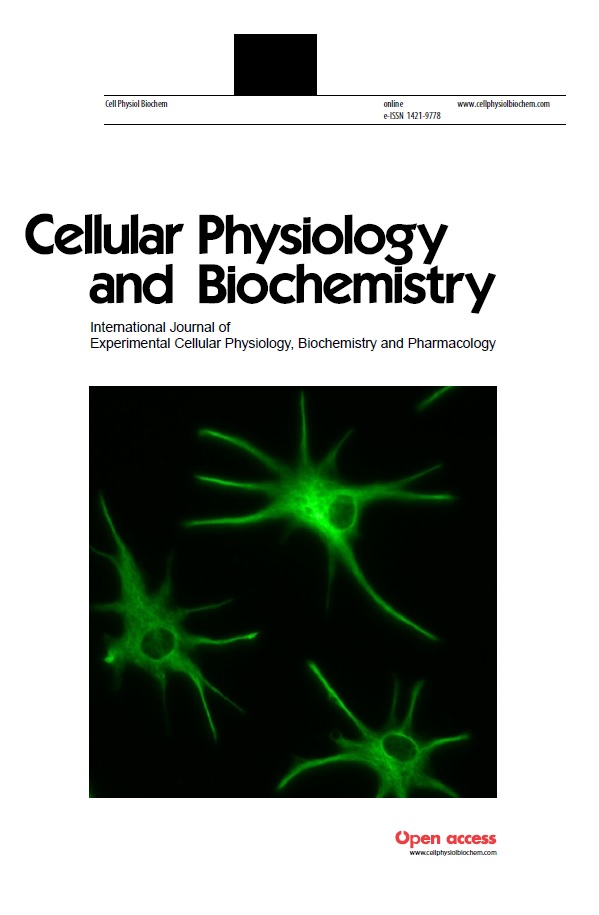
Photo from archive.org
Background/Aim: Autophagy plays an important role in cellular homeostasis through the disposal and recycling of cellular components. Hydrogen sulphide (H2S) is the third endogenous gas that has been shown to… Click to show full abstract
Background/Aim: Autophagy plays an important role in cellular homeostasis through the disposal and recycling of cellular components. Hydrogen sulphide (H2S) is the third endogenous gas that has been shown to confer cardiac protective effects. Given the regulation of autophagy in cardioprotection, this study aimed to investigate the protective effects of H2S via autophagy during high glucose treatment. Methods: This study investigated the content of H2S in the plasma as well as myocardial, ultrastructural changes in mitochondria and autophagosomes. This study also investigated the apoptotic rate using Hoechst/PI as well as expression of autophagy-associated proteins and mitochondrial apoptotic proteins in H9C2 cells treated with or without GYY4137. Mitochondria of cardiac tissues were isolated and RCR and ADP/O were also detected. AMPK knockdown was performed with siRNA transfection. Results: In a STZ-induced diabetic model, NaHS treatment not only increased the expression of p-AMPK in diabetic group but further activated cell autophagy. Following 48h high glucose, autophagosomes and cell viability were reduced. The present results showed that autophagy could be induced by H2S, which was verified by autophagic ultrastructural observation and LC3-I/LC3-II conversion. In addition, the mitochondrial membrane potential (MMP) was significantly decreased. The expressions levels of autophagic-related proteins were significantly elevated. Moreover, H2S activated the AMPK/rapamycin (mTOR) signalling pathway. Conclusions: Our findings demonstrated that H2S decreases oxidative stress and protects against mitochondria injury, activates autophagy, and eventually leads to cardiac protection via the AMPK/mTOR pathway.
Journal Title: Cellular Physiology and Biochemistry
Year Published: 2017
Link to full text (if available)
Share on Social Media: Sign Up to like & get
recommendations!